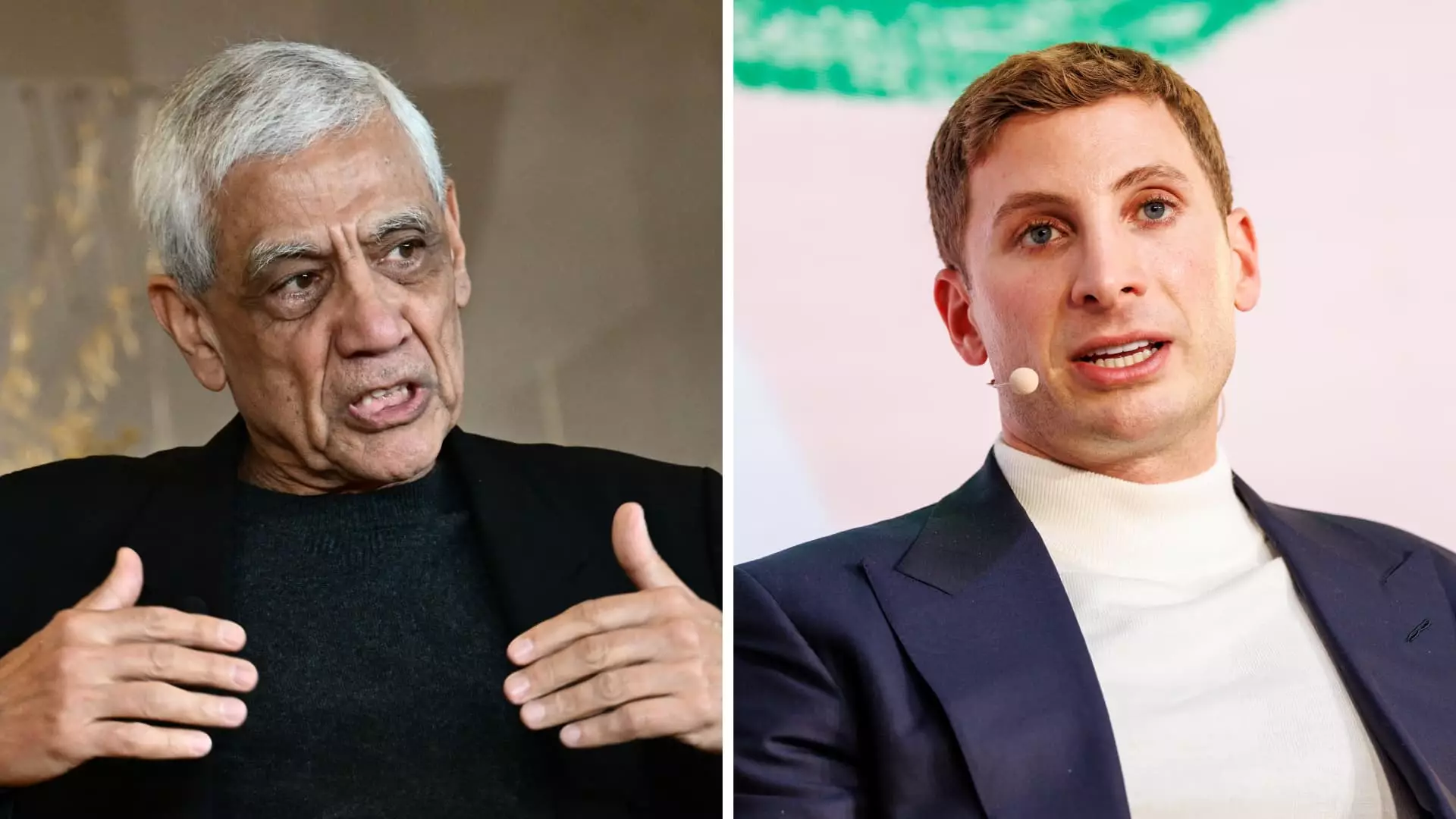Investor Vinod Khosla and Palantir advisor Jacob Helberg recently penned an open letter calling on senators to pass a bill that would force the divestiture of Bytedance-owned TikTok in the U.S. They described the social media platform as “a weapon of war” and compared the bill to past restrictions on foreign ownership of U.S. media outlets. The question posed by Helberg and Khosla was compelling: “Would you let North Korea or Iran own a broadcast channel that 67% of teens spend almost two hours a day on?”
The bill in question, which was overwhelmingly passed by the House in March, would require Bytedance to either find a buyer for TikTok or face a ban in the U.S. Critics of the bill have likened it to a bill of attainder, as it singles out one specific company. However, Helberg argued in an interview with CNBC that in cases where national security is at risk, it is not uncommon for individual companies to be targeted.
Bytedance did not sit idly by while the bill was being debated. The company mobilized its user base, urging millions of TikTok users to contact their congressional representatives and voice their opposition to the bill. This advocacy effort resulted in a flood of phone calls to congressional offices, demonstrating the influence and reach of TikTok.
Khosla, the founder of Khosla Ventures, and Helberg, a senior advisor at Palantir, are deeply involved in the Hill and Valley Forum, a group established to address concerns related to Chinese influence and TikTok in the U.S. TikTok CEO Shou Zi Chew has also been lobbying against the proposed ban, meeting with key lawmakers in D.C. Such advocacy efforts underscore the high stakes involved in the debate over TikTok’s future.
Former President Donald Trump, who previously indicated opposition to a TikTok ban, has raised questions about the feasibility of a divestiture. Trump’s concerns about bias and censorship online, coupled with China’s strong opposition to the sale of TikTok, have added complexity to the situation. The involvement of notable investors like Steven Mnuchin and Bobby Kotick further highlight the financial and political implications of a potential divestiture.
As the debate over TikTok’s future intensifies, questions remain about the likelihood of a divestiture versus a ban. Helberg emphasized the importance of the Chinese Communist Party’s cooperation in facilitating a smooth divestiture process. The tensions between national security concerns, economic interests, and political considerations will continue to shape the trajectory of TikTok’s presence in the U.S. landscape.

